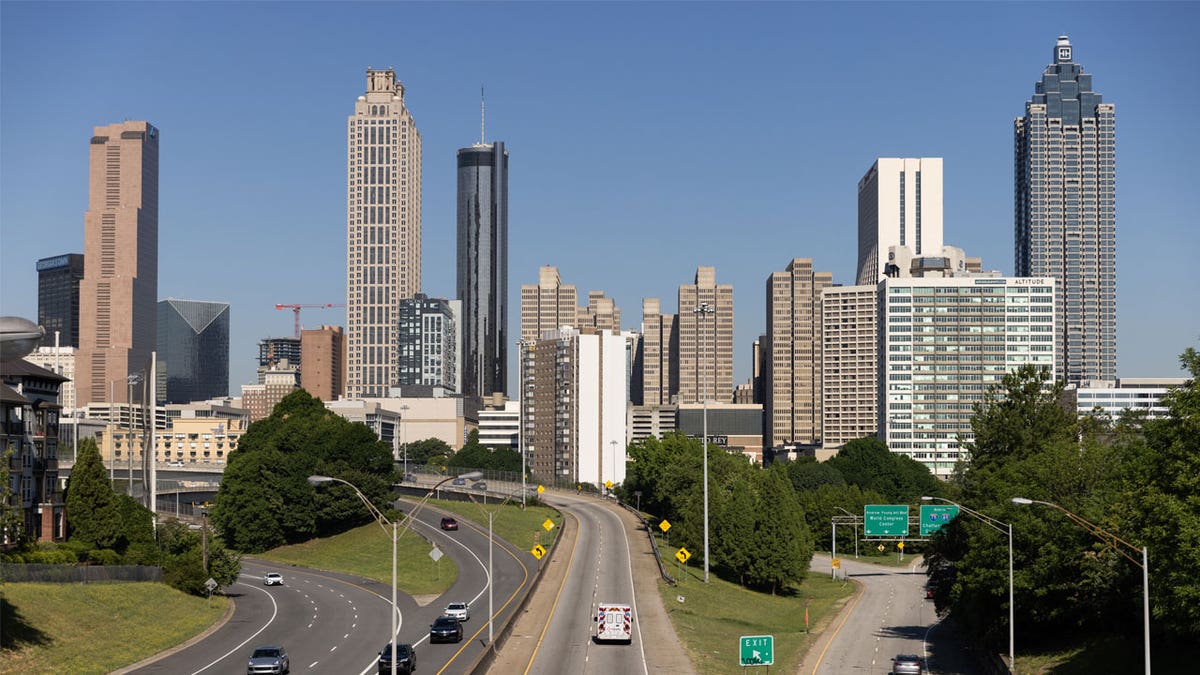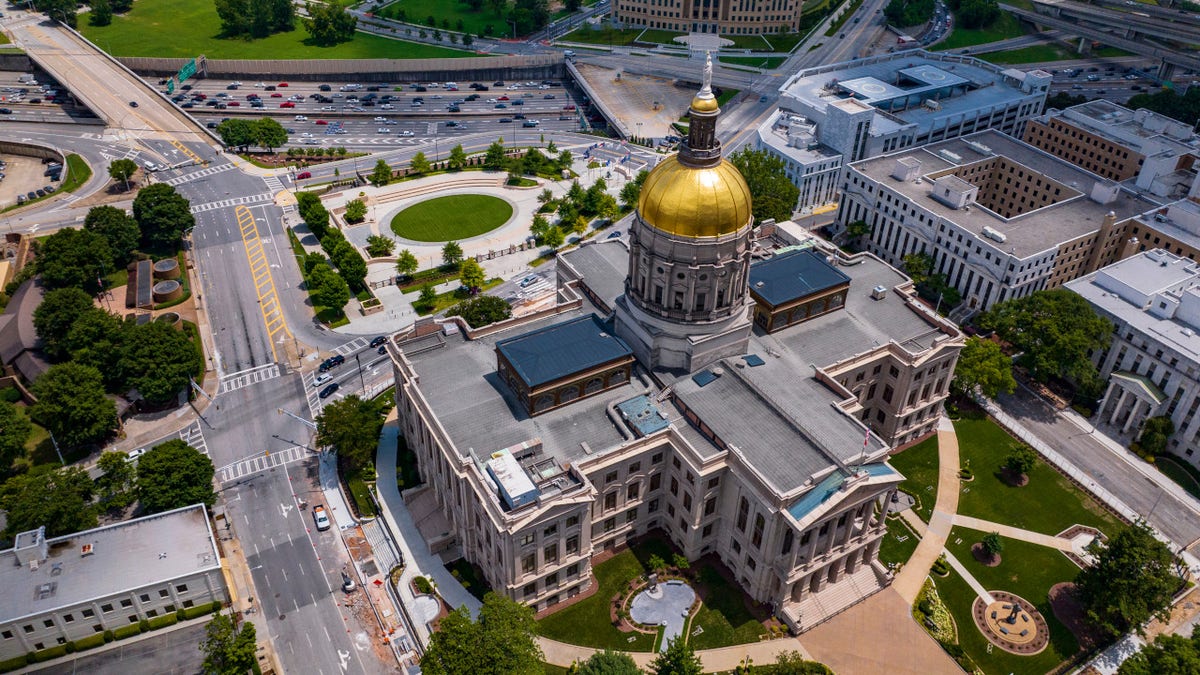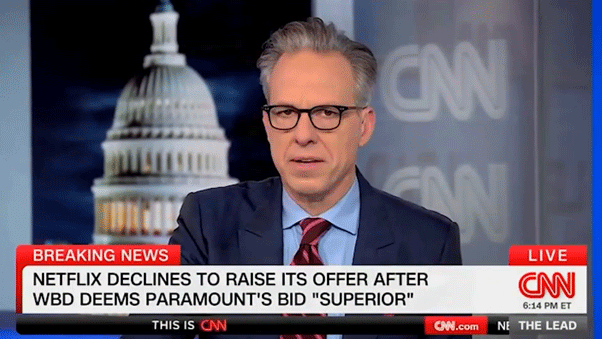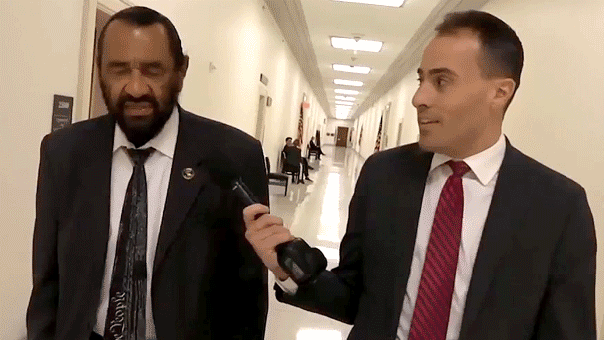Atlanta reparations task force member discusses goals of movement
Fulton County (Ga.) reparations task force member Mike Russell discusses the aims of its investigation in an interview with the Fox News Digital.
Commissioners in Fulton County, Georgia voted to move forward with a costly study to consider whether to establish a reparations program, even as local institutions struggle.
The Fulton County Board of Commissioners voted 4-2 in favor of $210,000 of funding towards a reparations study this past Wednesday. The study will be conducted by both the county’s local leadership and Atlanta University Center and will discern if reparations are necessary for some Fulton County residents who are descended from slaves.
Before the vote, Commissioner Bridget Thorne of District 1 condemned the decision as being a "divisive" course of action.
"This is just such a divisive concept and I feel like it's just gonna hurt Fulton County, it's just gonna rip us apart. We heard in public comment, how people are gonna be paying for it — this is coming out of taxpayer dollars — this $210,000 is coming out of taxpayers dollars, whatever reparations, whatever they decide, whatever they find, they are going to make the taxpayers pay for it," she said prior to the vote, according to The Washington Examiner. "And we don't have money for a jail, we don't have money for a hospital, that's what we need to be focusing on."

The downtown skyline of Atlanta, Georgia. (Dustin Chambers/Bloomberg via Getty Images)
She also reportedly attacked the reparations task force for only researching the Georgia county's actions up to 1980, arguing that local initiatives in the past few decades should be factored into the study.
On the other hand, Commissioner Khadijah Abdur-Rahman, who is described on the Fulton County’s website as a "strong voice" for "social and economic justice" voted in favor of the bill, saying such an inquiry is needed.
"The purpose of the reparations task force is to evaluate if reparations are warranted, if they are warranted, in what form? Should it be educational, should it be financial? What should they be?" Abdur-Rahman told Fox 5 Atlanta.

The Georgia state Capitol in Atlanta. (Joe Sohm/Visions of America/Universal Images Group via Getty Images)
LEFT-WING LAWMAKERS PRESS FOR FEDERAL REPARATIONS FOR BLACK AMERICANS: ‘WE’RE HERE TO DEMAND IT'
Similar initiatives have emerged across the country, where lawmakers debate the feasibility of economic reparations for Black Americans whose ancestors were victimized by the Atlantic slave trade and its legacy. California is one such state, despite the fact it was designated as a free state when it joined the Union.
Fulton County Reparations Task Force member Mike Russell previously spoke to Fox News Digital in June, where he credited America for taking the initiative to consider such a program in the first place.
"Of all the places I've been, I've never been anywhere where the society has taken such an effort to, in blood and treasure, correct past wrongs."
CLICK HERE TO GET THE FOX NEWS APP
On the other hand, he noted the "validity" of people saying such a program can be divisive, and noted that "at some point, we're going to have to let go of the past."
Fox News Digital reached out to Thorne for comment. She told Fox, "I am a skeptic of $210,000 for the purpose of research for the Reparations Task Force. Hospitals and jails are complicated, multifaceted issues. Neither one comes with an easy solution, nor a small price tag. Funding a reparations ‘study’ on the other hand is an easy way to pretend to do something without solving any problems or improving anyone’s life. The goal of this study is not to conduct research and see where it leads, rather the goal is to find support for a specific answer."
Thorne added, "The sponsors of this study and the Reparations task force generally would like to give the appearance of providing something to their constituents. The study specifically excludes initiatives after 1980 because that data would reveal that the taxpayers of Fulton County have invested billions of dollars in supporting it’s most marginalized populations. With that view in mind, many would question the need to provide handouts to people who have never been enslaved, paid for by people who never enslaved anyone."











































